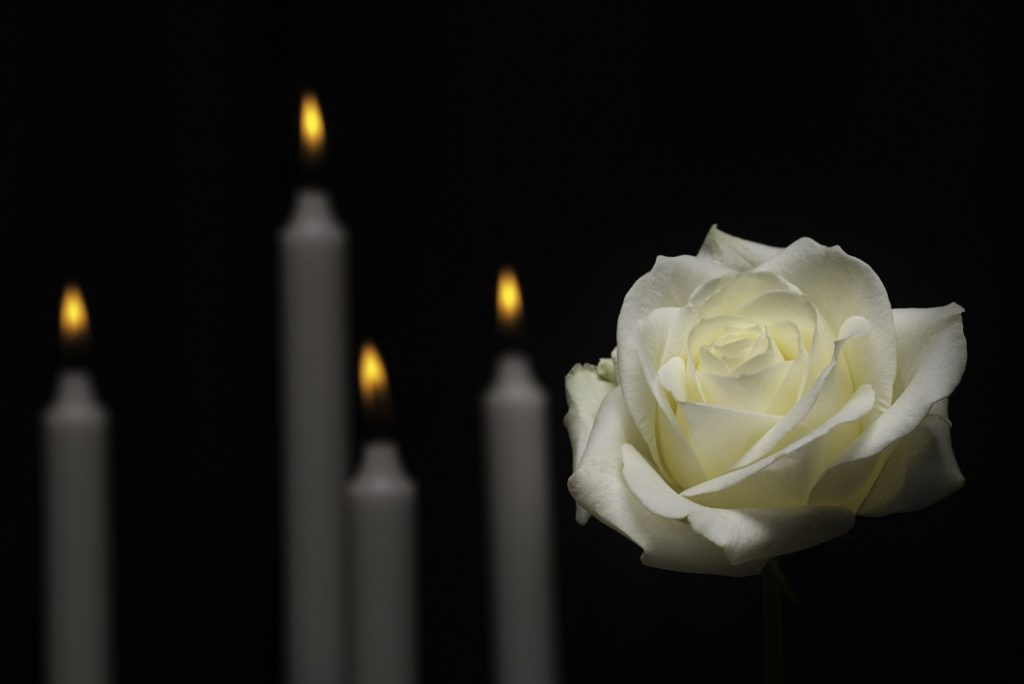 We expect those in certain professions to deal with human mortality on a regular basis. Doctors and other health care professionals, hospice workers and clergy, for instance, interact daily with the elderly or unwell. Yet many may not realize that development professionals also face mortality in the course of their work. When donors pass away, the losses are often painful, especially with long-term donors who have become dear friends.
We expect those in certain professions to deal with human mortality on a regular basis. Doctors and other health care professionals, hospice workers and clergy, for instance, interact daily with the elderly or unwell. Yet many may not realize that development professionals also face mortality in the course of their work. When donors pass away, the losses are often painful, especially with long-term donors who have become dear friends.
One of the most difficult parts of being a gift planner is preparing for the loss of donors who are nearing the end of their days. Unfortunately, it is not uncommon for donors to become ill and pass away, and the longer we work with a charitable organization, the more often that happens. We then have the responsibility and privilege of meeting with grieving spouses and other survivors of the deceased donor. How do we learn to handle the grief associated with the death of donors who are friends and acquaintances? And what are our roles and duties in relation to the survivors?
Losing a friend
As a gift planner, becoming close to donors is a natural part of building relationships. Through assisting donors with what may be the final and ultimate gifts of their lifetimes, I learned some of the most intimate details of their lives—their financial situations, family dynamics, personal dreams and aspirations and what they valued the most. As is the case with all gift planners, my role both required and engendered a high level of trust with donors.
Given this close relationship, what should you as a fundraising professional do when you become aware that a donor is terminally ill? First and foremost, keep in mind that each visit with the donor may be the final one. Continually reassure donors that their commitment and support have made a significant difference, and the plans they may have made to continue that support after their passing will be a strong testimony of their values to their family, friends and community. Your encouragement and assurance that their lives and gifts have been important and beneficial to others may be a source of comfort and peace to your donors and their families.
It is equally important to listen carefully to these donors’ narratives and expressed values. Understanding your donors’ backgrounds and why they made their gifts will allow you to share their legacy with others. When I was in gift planning, I often recited the stories of a donor’s generosity as a way to celebrate the memory of the friend I missed. When possible, I visited the family at the wake, the funeral and/or a graveside service to comfort them and to express what a special privilege it was to work with their loved one.
We encourage sending a tribute card or a personal note of condolence to the donor’s spouse or others in their family. A handwritten note, sympathy card or memorial gift to the charity can be a natural way for the development officer to deal with grief or loss, while also helping the family and leaving a positive impression about the charity they represent.
Interacting with those in mourning
While gift planners are dealing with their own grief when donors pass away, they will often be called on to work with donors’ bereaved loved ones. Family members may be in one of a number of stages of grief: disbelief, anger, acceptance, yearning and depression are all common. The duration of each stage differs depending on the individual.
When communicating with grieving loved ones, development professionals must be prepared for a variety of behaviors, from uncharacteristic emotional outpourings to withdrawal or an unwillingness to express any emotion. Being prepared for unexpected behaviors is crucial.
It is important to recognize such cues and respect the family’s wishes. If they don’t want to see you or talk at that time, send them a note instead to let them know you are thinking of them in their loss.
Remember that when donors include a charity as part of their estate plans, they are, in effect, elevating that entity to the status of a family member. When they pass away and their gifts are realized, part of the role of the development officer can be to share in the survivors’ grief and help celebrate their loved one’s life. Show gratitude for their gifts and highlight the ways they enriched the lives of those their gifts have served. ■

